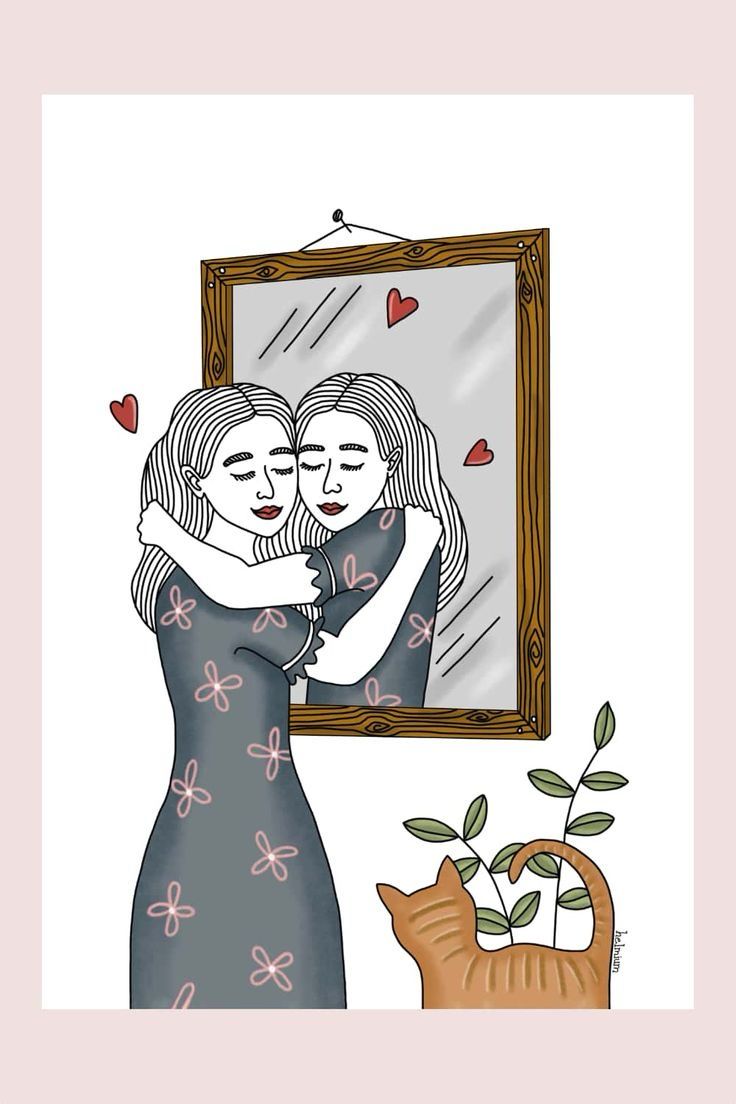Celebrating Valentine’s Day Alone?
Valentine’s Day, often hailed as a celebration of romantic love, can be a challenging time for those who find themselves without a partner. For many single individuals, this holiday can amplify feelings of loneliness, intensify social comparison, and trigger a sense of inadequacy. However, it’s crucial to recognize that Valentine’s Day doesn’t solely revolve around romantic relationships. It’s also an opportunity to embrace self-love, celebrate platonic connections, and engage in acts of kindness towards oneself and others.
We’ll dig into the common emotions experienced by singles on Valentine’s Day, including loneliness and social comparison, and the profound impact they can have on mental well-being. We’ll explore the significance of self-compassion in navigating these emotions and offer practical strategies and insights drawn from psychology to help individuals cope effectively. Whether you’re spending Valentine’s Day alone or with friends, our aim is to empower you to find joy, fulfilment, and self-compassion amidst the sea of romantic fervor.
Valentine’s – A Different Perspective!
For many single individuals, Valentine’s Day serves as a stark reminder of their relationship status, leading to a range of complex emotions. Chief among these is loneliness, which can be magnified by the pervasive imagery of couples engaged in romantic gestures. The sense of being left out or not measuring up to societal ideals of love and companionship can foster feelings of inadequacy and self-doubt. Moreover, the prevalence of social media platforms often compares their own lives to carefully curated depictions of seemingly perfect relationships.
In the face of these challenges, the concept of self-compassion emerges as a vital tool for coping with the emotional upheaval of Valentine’s Day. Self-compassion involves treating oneself with kindness, recognizing one’s shared humanity, and maintaining a mindful awareness of one’s experiences. By cultivating self-compassion, individuals can offer themselves the same warmth and understanding they would extend to a friend in distress.
Detrimental Effects of Social Comparison
- Negative Self-Evaluation
- Decreased Self-Esteem
- Jealousy and Resentment
- Validation Seeking Behaviour
- FOMO (Fear of Missing Out)
How to Celebrate Yourself this Valentine’s
- Create a Vision Board
- Engage in Self-Care Activities
- Write yourself a Love Letter
- Reflect on Personal Goals
- Connect with Loved Ones
As Valentine’s Day approaches, it’s important to remember that this holiday isn’t exclusively reserved for romantic couples. It’s a celebration of love in all its forms, it’s an opportunity to embrace and honour their single status, prioritising their own well-being and happiness above all else.
It’s a chance to cultivate a deeper relationship with yourself, discovering your passions, strengths, and innermost desires. Treat yourself with the same love and affection you would offer to a partner, recognizing that your happiness doesn’t depend on external validation or romantic validation.
While romantic love may be celebrated on Valentine’s Day, it’s equally important to cherish the love of friends, family, and community. Reach out to loved ones, celebrate the bonds of friendship, and support that enrich your journey. Whether you spend the day alone, with friends, or in the company of loved ones, know that you are deserving of love and affection, not just on Valentine’s Day, but every day of the year.
So, celebrate yourself, celebrate your loved ones, and celebrate the beauty of love in all its forms. After all, love knows no boundaries, and it begins with the love you show yourself.
